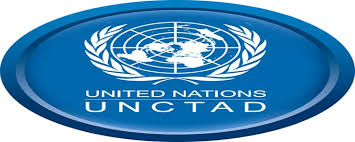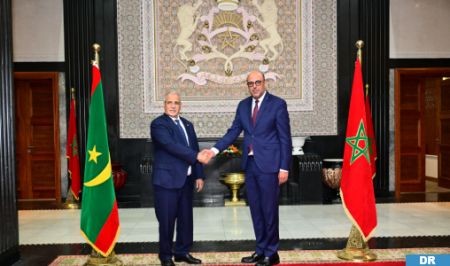 Foreign Direct Investment flows in Morocco increased by 23 per cent in 2017 to reach $2.7 billion, while FDI to the rest of North Africa dropped by 4 per cent, according to UNCTAD’s World Investment Report 2018 (WIR).
Foreign Direct Investment flows in Morocco increased by 23 per cent in 2017 to reach $2.7 billion, while FDI to the rest of North Africa dropped by 4 per cent, according to UNCTAD’s World Investment Report 2018 (WIR).
The FDI injected in the North African Kingdom went up thanks to considerable investment into new car technologies (electrical, battery, cameras), said the UN report.
By the end of 2017, the Moroccan Government had confirmed 26 auto industry investments worth $1.45 billion, including a deal with French automaker Renault to increase local sourcing of components to 55 per cent, added the WIR.
FDI into Morocco’s financial sector also expanded, as banking relations with China deepened, says the document, noting that strong diversified investment made in the country contrasted with declines in FDIs to the rest of North Africa wherein FDI flows were down 4 per cent to $13 billion.
As to FDI into Algeria, which depends heavily on investment in oil and gas, they fell 26 per cent due to the lack of security, persistent political crisis, chronic corruption and growing social turmoil, woes and resentment.
According to WIR, FDI flows to Africa slumped to $42 billion in 2017, a 21 per cent decline from 2016. Weak oil prices and harmful ongoing macroeconomic effects from the commodity bust saw flows contract in Egypt, Mozambique, the Congo, Nigeria, and Angola. In addition, foreign investments to South Africa continued to underperform.
Global FDI flows fell by 23 pc in 2017, to $1.43 trillion from $1.87 trillion in 2016. “Downward pressure on FDI and the slowdown in global value chains are a major concern for policymakers worldwide, and especially in developing countries,” UNCTAD Secretary-General Mukhisa Kituyi said.
“Investment in productive assets will be needed to achieve sustainable development in the poorest countries”, he stressed, explaining that the global FDI fall was caused in part by a 22 pc decrease in the value of cross-border mergers and acquisitions (M&As).
According to the UNCTAD chief, broadening of trade tensions could negatively affect global investment, citing in this regard tax reforms in the United States.


